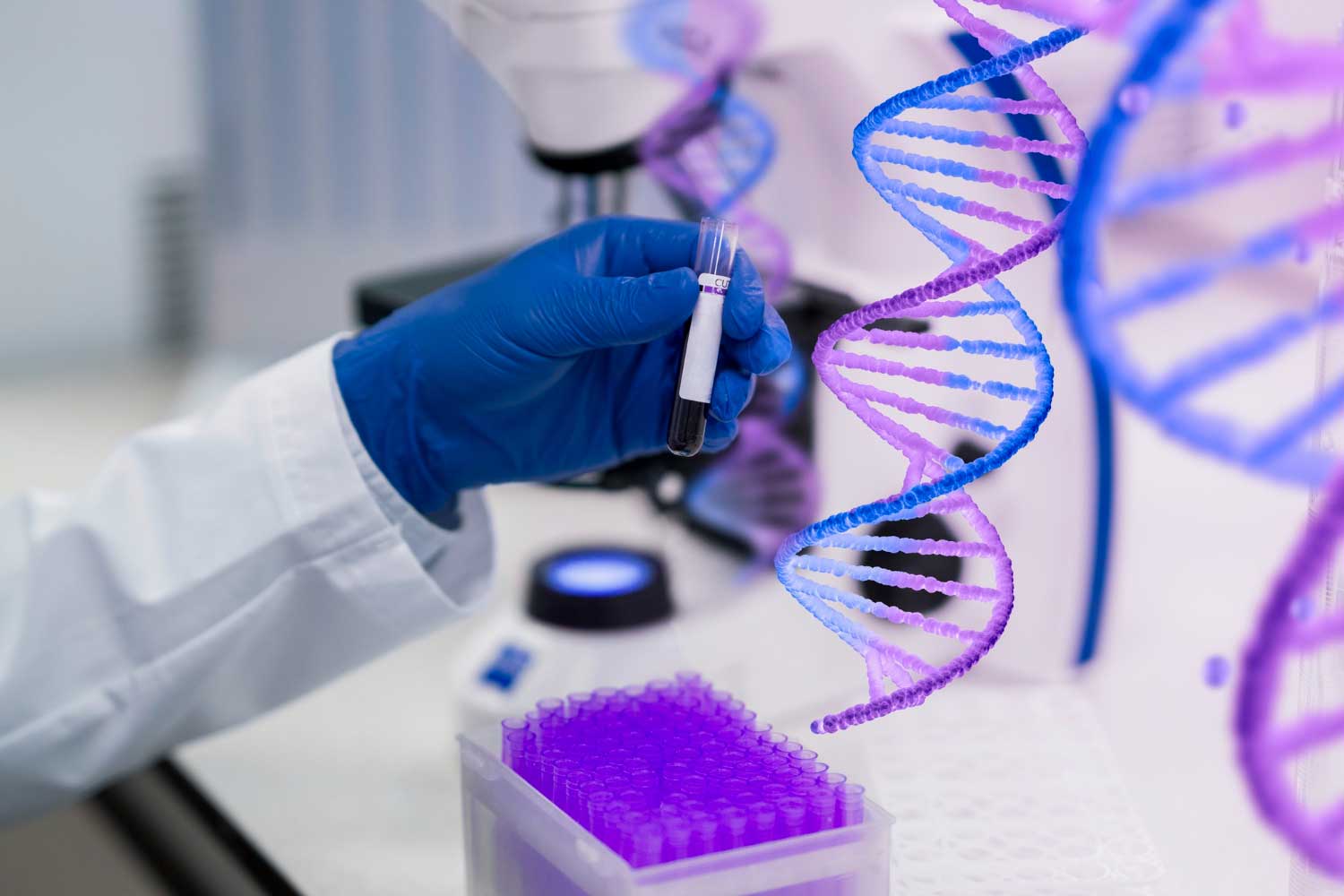
Proteins play vital roles in cellular functions. However, current methods for analyzing proteins have limitations when distinguishing between different forms of proteins, known as proteoforms. Mass spectrometry techniques, in particular, may not provide clear information about the specific sites of post-translational modifications, and it may be challenging to differentiate between sequences with multiple modifications.
Scientists from Delft University of Technology present a new technique to identify proteins. With this innovative technology, researchers can now recognize individual proteins in their full-length, intact form, preserving all their information. It can offer crucial insights into the underlying mechanisms of various diseases and enable earlier diagnosis.
Raman van Wee, a Ph.D. candidate involved in the research, said, “In earlier work, we have shown that every protein has a unique fingerprint, just like the human analog. We realized that we only need to know the location of a few out of all the amino acids of a protein to generate a unique fingerprint from which we can identify the protein.”
The new FRET X technique has extreme sensitivity, higher than conventional methods like mass spectrometry. Because of this sensitivity, scientists can detect much lower concentrations of proteins in a mixture of many other biomolecules and require only a tiny sample.
This is important because that puts the measurement of patient samples in case of disease within reach. In this study, scientists have shown that they can detect small amounts of proteins characteristic of Parkinson’s disease or COVID-19 infection.
This breakthrough technique cracks the code of proteins and opens up exciting possibilities for earlier disease detection.
Van Wee adds, “While other approaches are being explored to identify proteins, ours focuses on identifying intact and individual proteins in a complex mixture. We can look for a needle in a haystack.”
Further study is still required. Scientists are excited about the groundbreaking potential that the technology has.
Journal Reference:
- Filius, M., van Wee, R., de Lannoy, C. et al. Full-length single-molecule protein fingerprinting. Nat. Nanotechnol. (2024). DOI: 10.1038/s41565-023-01598-7




















